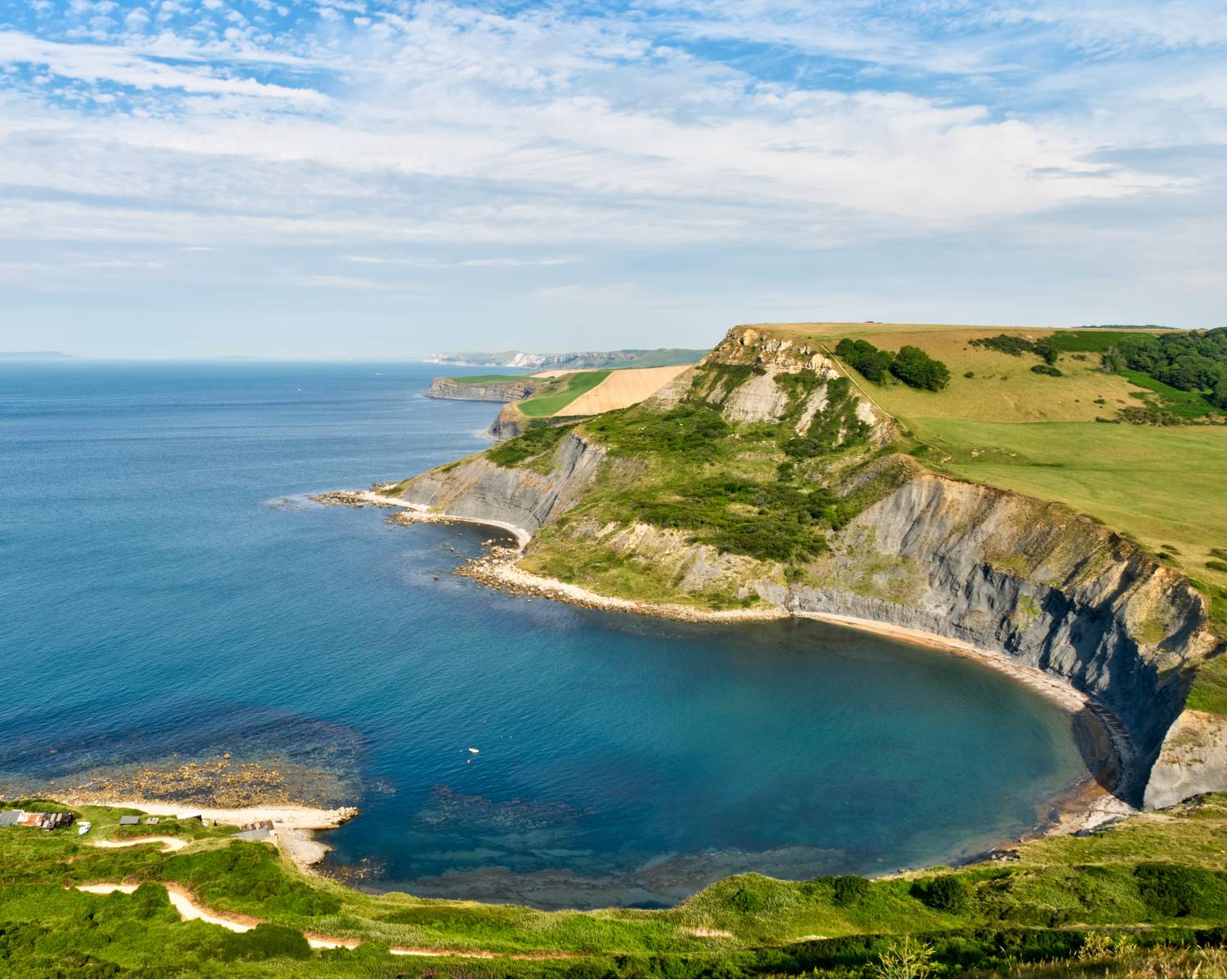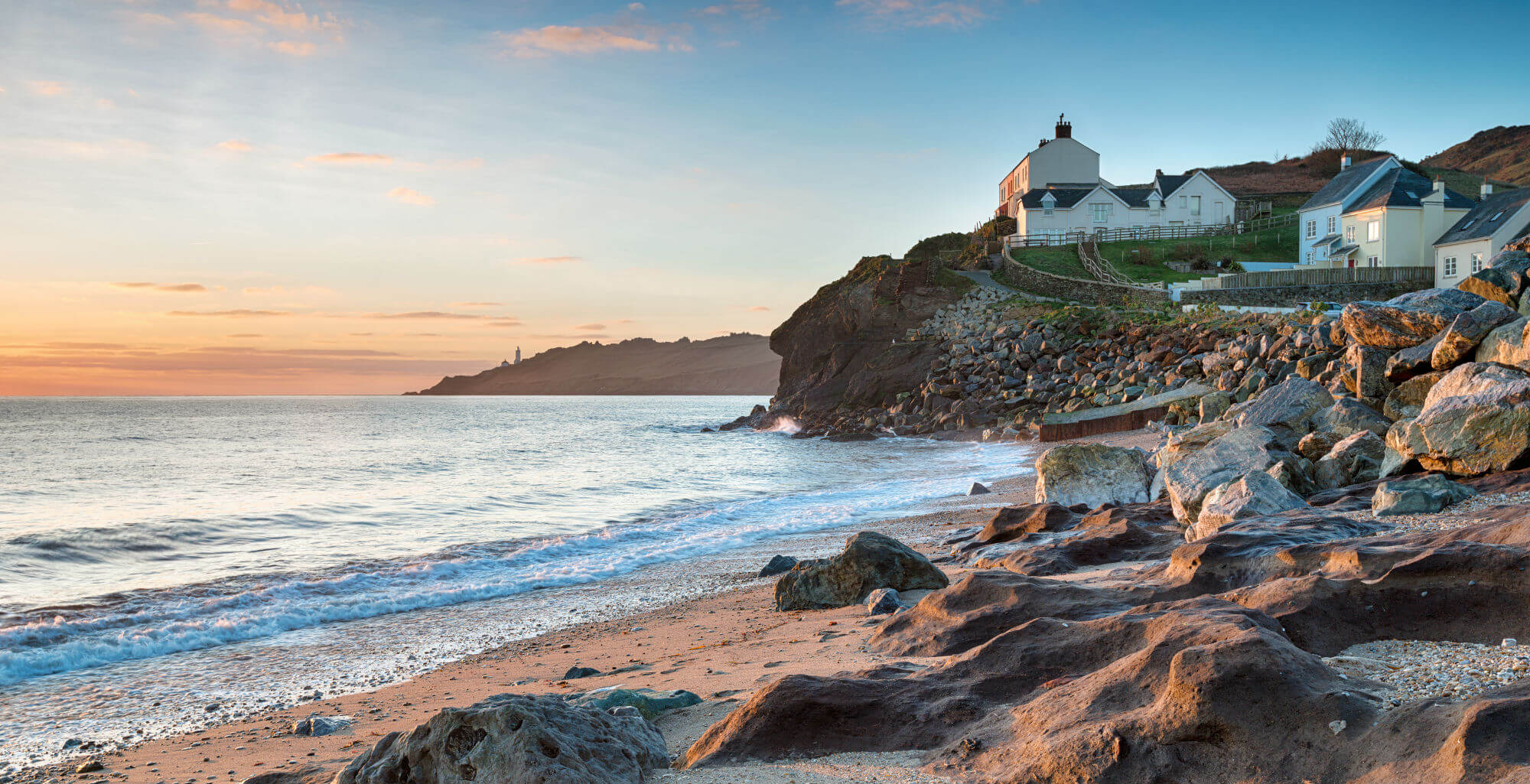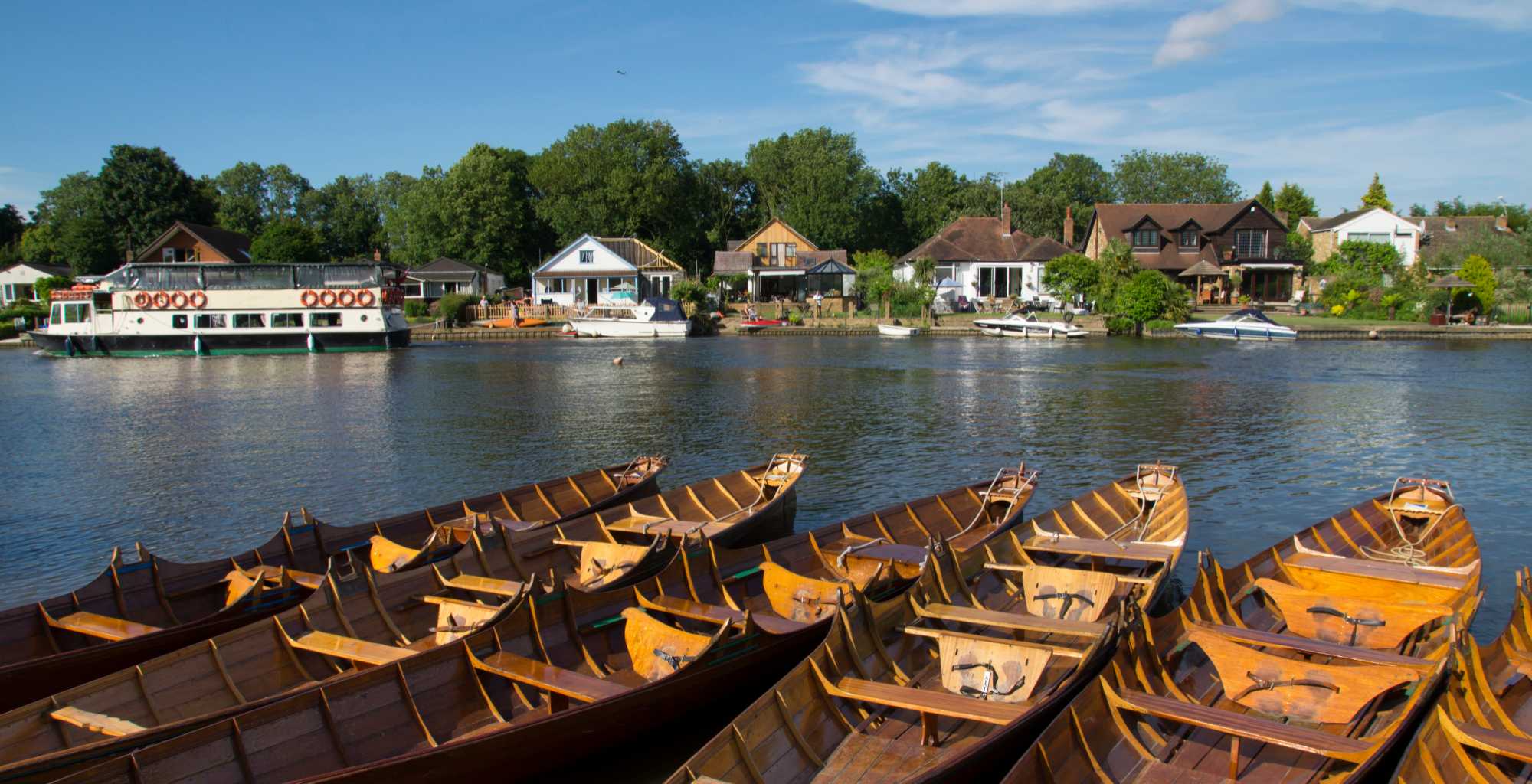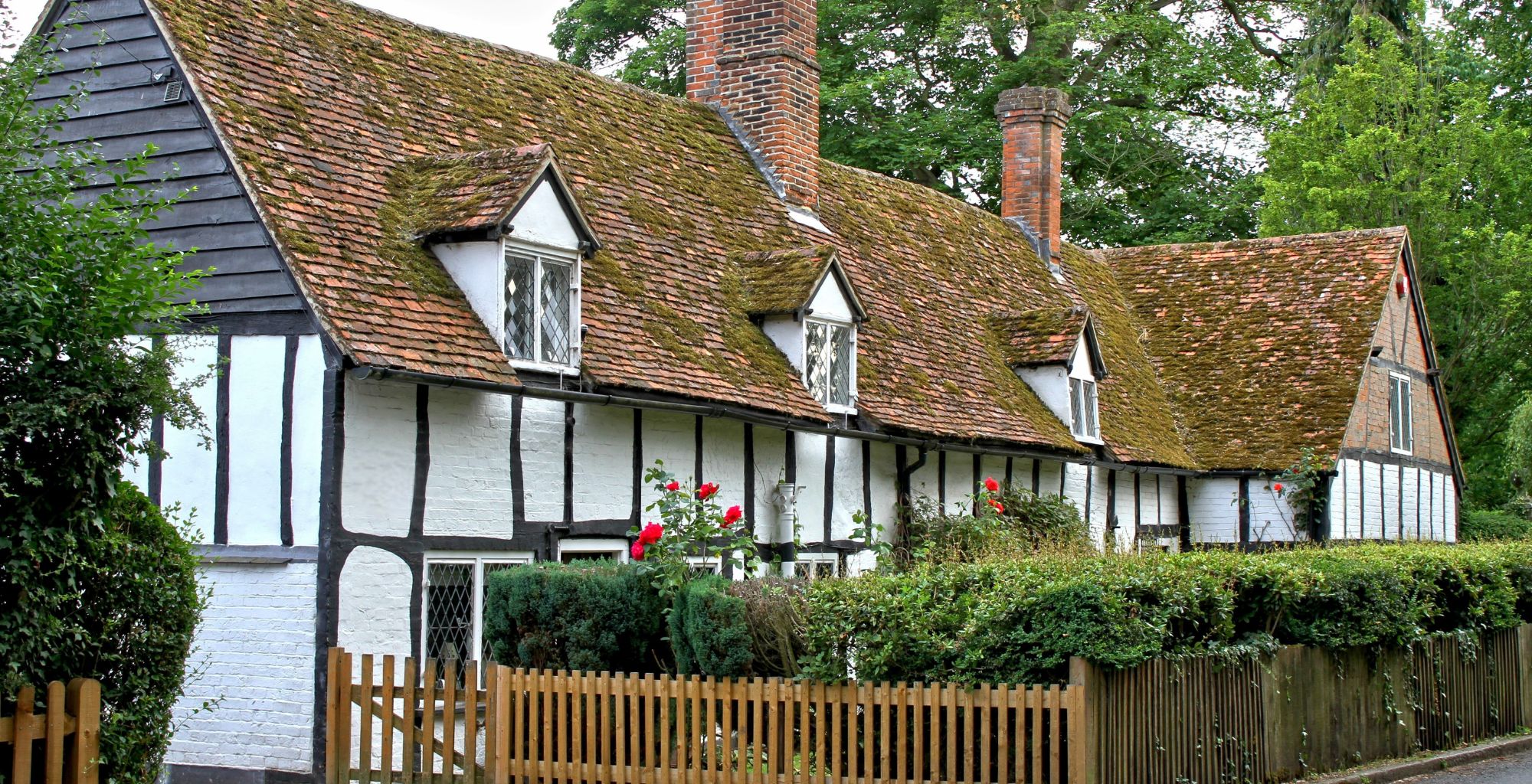Garrington Property Finders are delighted to present the Best Places to Live 2025 for prime locations in England, Wales...
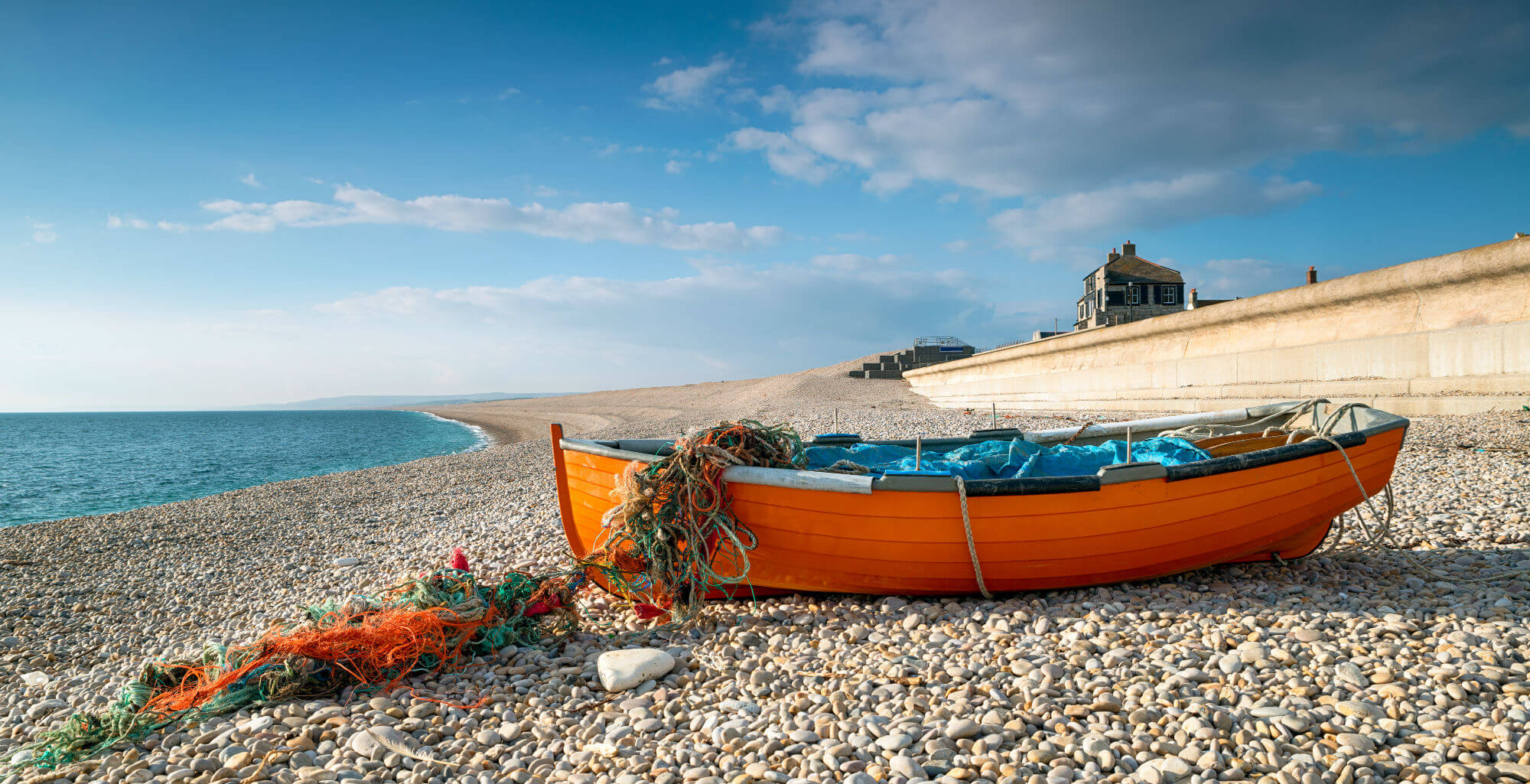
Coastal property | Homes by the sea
If you are looking to buy a coastal property, then using the specialist services of a property finder may help you find “the one” – a magnificent coastal property that meets all your requirements and that fits within your price range.
Why buy a coastal property?
Perhaps it’s because we are an island nation, but the sea and its coastline have a particular and special draw for most of those who live in Britain.
Our coastline stretches for a total of 11,072.76 miles (17,819.88 km) according to the Ordnance Survey, but that measurement varies slightly from one source to another.
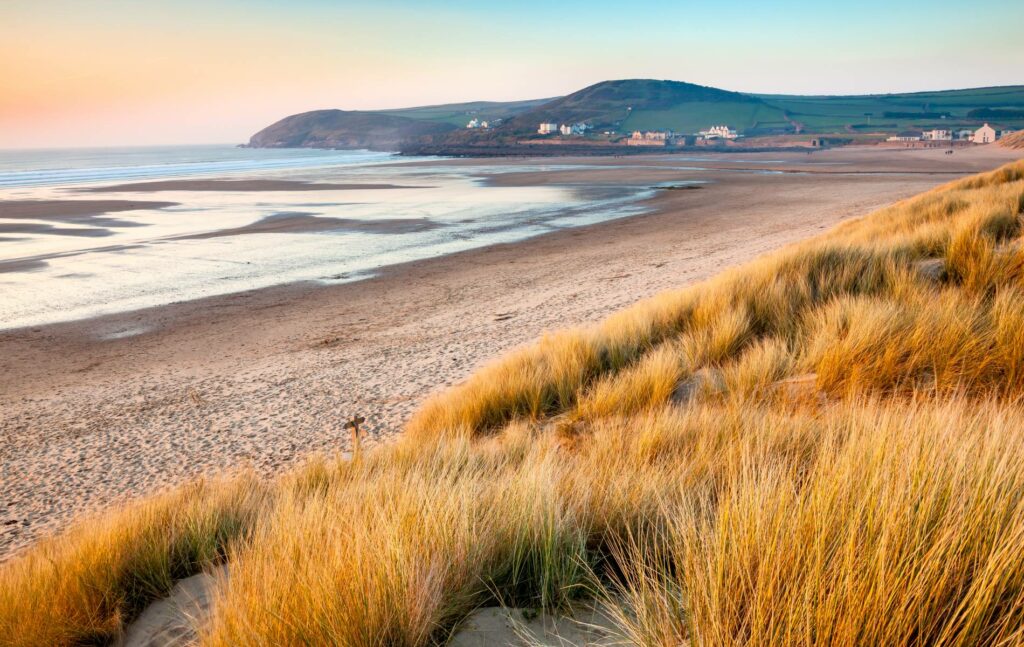
But the coastline around some of the most populated areas – the south east and south west of England, for example – also accounts for a large part of that total. And your search for a coastal property might well focus on these stretches of coastline.
They are close to some of the major centres of urban populations – offering business, jobs, hospitals, schools and all the other main social and cultural amenities – while allowing you to live on or near the coast.
Properties around the south coast of England, of course, also give you easy access to the Channel ports and all that continental Europe has to offer.
And that has been the attraction down through the years. Many coastal properties are imposing high-end residences, built on prime sites, with commanding views all along that stretch where the land meets the sea. Some of those properties cry out the wealth of ages past, others of more recent times.
Living by the sea is good for you
Our obsession with living by the sea might be laid on the doorstep of one Dr Richard Russell who wrote a treatise as long ago as 1750 called De Tabe Glandulari – or Dissertation on the Use of Sea Water in the Affections of the Glands.
Not only did the good doctor take his own medicine when he bought – for £40 – a marshy plot of land near Brighton, which stands to this date as the biggest house in town, his dissertation encouraged crowds of others to follow him.
There continue to be more modern takes on the health-giving properties of life near the sea.
Rejuvenate your body and mind
- it is claimed that the sound of waves breaking on the shoreline helps lull your brain into a deeply relaxed state – which rejuvenates both your body and your mind;
- take to the sea itself, just float in it, and your blood flows from the lower limbs towards your stomach, nearer the heart, supplying more oxygen to the brain and making us more active and alert;
A good night’s sleep
- because sea air is charged with healthy negative ions, say some experts, your body absorbs more oxygen, and serotonin levels are better adjusted – leading to stress-free energy and alertness;
Feel good in the sun
- the extra hours of sunshine typically enjoyed in coastal areas not only makes us feel better but may also help alleviate certain skin conditions, such as psoriasis.
These are unlikely to be your only or immediate reasons for choosing to buy a coastal property – but might make you feel better for doing so.
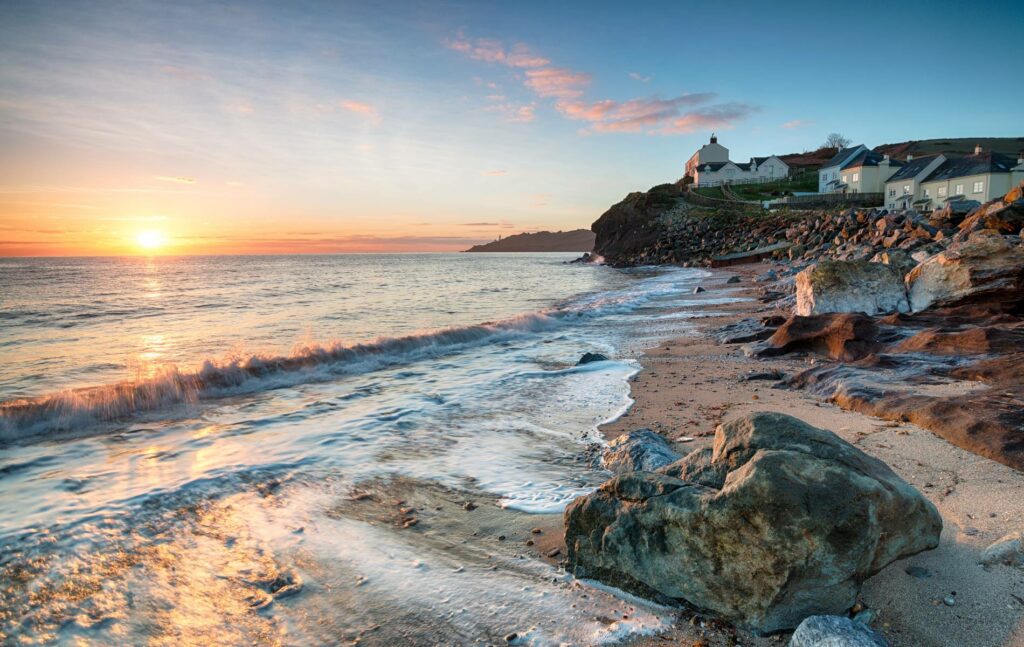
The cost of coastal living
Coastal properties are always in demand and can command a higher price than other homes that bit further away from the water – a study showed that property located within 100m of the coastline in England and Wales costs an average of 13% more than that located up to 1km further inland.
And an article in the Express newspaper last year revealed that buyers are prepared to pay a premium of an average of £68,000 more just for a property that has a sea view. And that’s just on the average property – if you are looking to buy into a higher range of exclusive residences, you may expect that premium to be considerably more.
Although the wealth may be evident – coastal properties command a higher than average price – it is not overstated but almost subdued in its quiet and unassuming way.
Having made that investment, of course, you may find that the value of an imposing character property on the coast increases at a faster rate than the overall movement in the average house price index maintained by the Office for National Statistics (ONS).
Should you buy a coastal property?
Purchasing coastal property in the UK has its advantages and disadvantages, driven primarily by the property’s location and the dynamic environmental conditions present in coastal areas. Here’s a breakdown of some of the pros and cons:
Pros of coastal property
- Scenic Views and Natural Beauty: Coastal properties often offer stunning sea views and access to beautiful landscapes and beaches, providing a tranquil and picturesque living environment.
- Higher Resale Value: Due to their desirable locations, coastal properties typically maintain high resale values.
- Holiday Let Potential: Coastal properties can be profitable as holiday lets, owing to the high demand from tourists seeking beachside accommodations.
- Lifestyle Benefits: Living by the coast can offer a more relaxed lifestyle, with opportunities for water sports, beach activities, and other recreational pursuits.
- Health Benefits: Proximity to the sea is associated with various health benefits, including improved mental well-being and respiratory health.
- Limited Supply: Typical exclusive homes that rarely become available for sale; the finite availability of coastal land can result in increased demand and property values over time.
- Community: Coastal towns often have strong, close-knit communities, and living in such areas can foster a sense of belonging and support.
Cons of coastal property
- Flood Risk: Coastal areas are more susceptible to flooding, particularly with the rising sea levels due to climate change, necessitating additional insurance and protective measures.
- Erosion: Coastal erosion can pose significant risks to properties located close to the shoreline, potentially leading to loss of land and structural damage.
- Higher Insurance Costs: Due to the risks associated with coastal living, insurance premiums can be substantially higher for properties in these areas.
- Maintenance Costs: The salt in the sea air can cause corrosion and damage to buildings and vehicles, necessitating more frequent maintenance and repair.
- Limited Access to Services: Some coastal areas, especially in remote locations, may have limited access to essential services, amenities, and employment opportunities.
- Impact of Tourism: While tourism can be profitable, it can also lead to overcrowded beaches, increased traffic, and noise during peak seasons.
- Property Prices: The demand for coastal properties often results in higher purchase prices, which can be a barrier for potential buyers.
- Changing Climate: The impacts of climate change, such as rising sea levels and increased frequency and intensity of storms, pose significant challenges to coastal properties.
While buying coastal property in the UK can offer a range of lifestyle and financial benefits, potential buyers should carefully consider the associated risks and challenges. A detailed full buildings survey and risk assessment, including an evaluation of flood risk and erosion, insurance costs, access to services, and the potential impacts of climate change, should be undertaken before purchasing property in coastal areas.
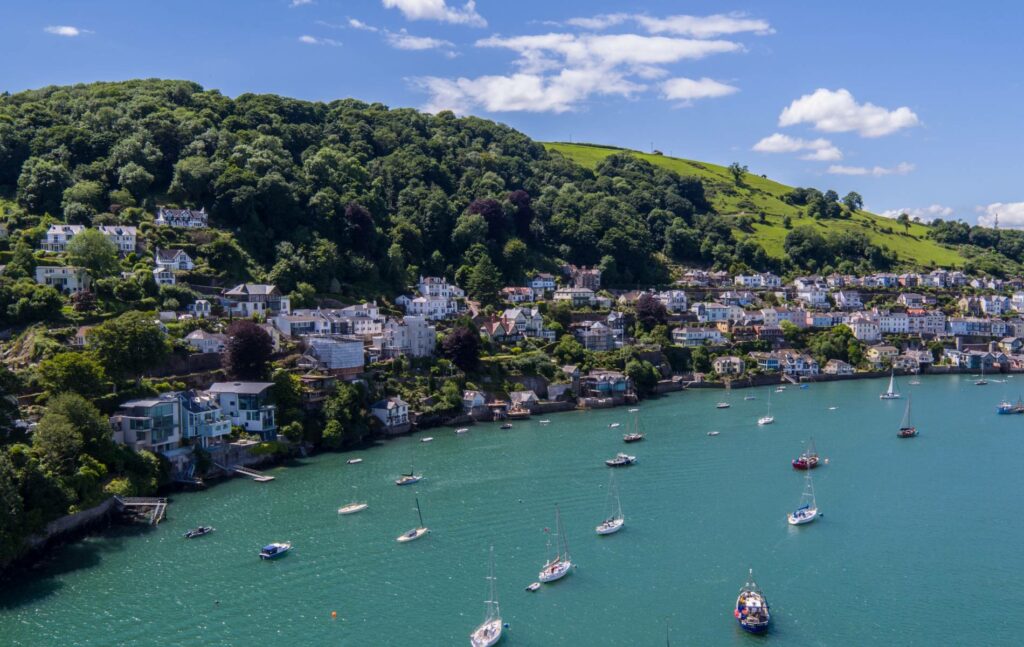
10 Places to look for UK coastal property for sale
Exclusive coastal properties in the UK are often found in areas known for their stunning landscapes, affluent communities, and high property values. Here are several areas known for exclusive coastal properties:
1. Sandbanks, Dorset
Sandbanks in Poole is the location some of the most exclusive properties in the UK. It is known for its luxurious houses, sandy beaches, and proximity to beautiful natural areas like the Jurassic Coast.
2. Salcombe, Devon
Salcombe is a sought-after location in South Devon, known for its picturesque views, waterside properties, and beautiful beaches. It is a popular spot for sailing and has several high-end restaurants and shops.
3. St Ives, Cornwall
St Ives is famed for its beautiful beaches, arts scene, and seafood. The town offers stunning sea views and is a popular holiday destination, making property prices relatively high.
4. Aldeburgh, Suffolk
Aldeburgh is known for its cultural scene, including a renowned music festival, and its scenic coastal properties. The town has a mix of contemporary and traditional homes.
5. Brighton and Hove, East Sussex
These twin towns offer a vibrant lifestyle, with a mix of the artistic and cosmopolitan, along with beautiful Regency and Victorian properties. The seafront properties are especially sought after.
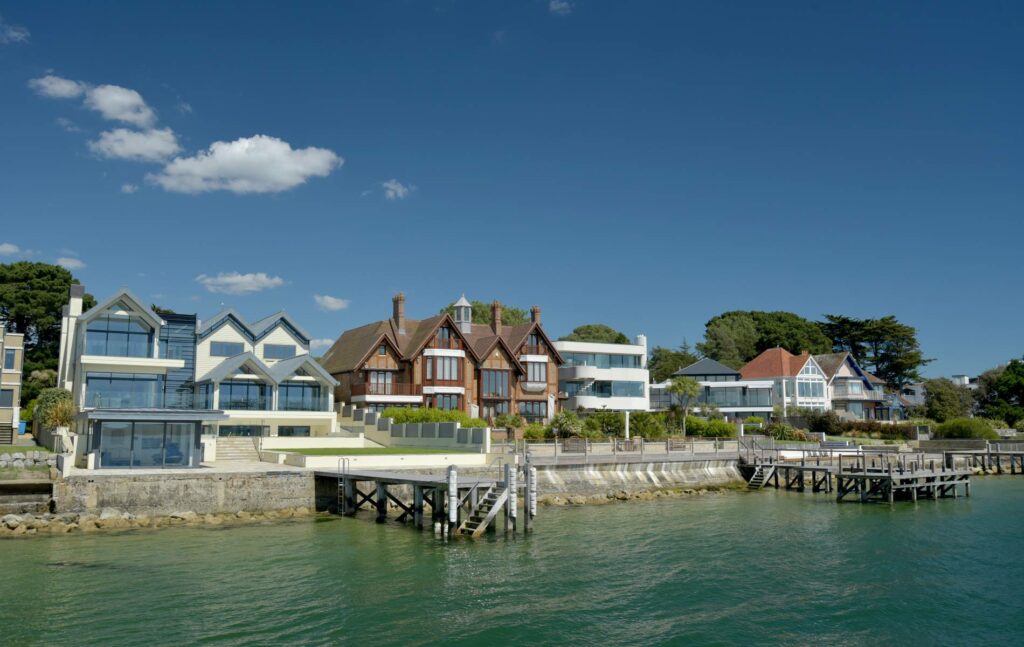
6. Rock, Cornwall
Rock is often referred to as “Britain’s Saint-Tropez” due to its popularity with the wealthy. It is a hub for water sports and offers an array of upscale restaurants and shops.
7. Southwold, Suffolk
Southwold is known for its charming, colourful beach huts and historic pier. It has a range of high-end properties and is popular among both retirees and holidaymakers.
8. Lyme Regis, Dorset
Known as the “Pearl of Dorset,” Lyme Regis is famed for its fossil-filled cliffs, sandy beaches, and historic harbor. The properties here offer beautiful views of the Jurassic Coast.
9. Cowes, Isle of Wight
Cowes is famous for its annual regatta and sailing heritage. It has several exclusive properties offering stunning views of the Solent.
10. Padstow, Cornwall
Padstow is another Cornish town known for its seafood restaurants and picturesque harbor. The property market is buoyant due to its popularity as a holiday destination.

The property finder’s role when buying coastal property
So, you’ve decided to buy a coastal property, be it for use as your principal residence, a second home, to let to visiting holidaymakers, or as an investment in what is likely to remain the upper end of the housing market.
Why consult professional property finders? Some might hold to the mistaken view that property finders are little more than specialist estate agents. But nothing could be further from the truth.
Estate agents sell houses on behalf of their owners – they act entirely in the vendor’s interest by advertising the property for sale and attempting to attract buyers.
Property finders act entirely on your behalf in finding, negotiating and securing a property to your particular specifications – whether that be a private residence, a second home, a buy to let property or an investment property.
Estate agents’ listings may be a tool used by property finders, but they are no more than that – they provide but one source for the property finder’s rich tapestry of networks and professional contacts, so that the property eventually found for you might not yet have appeared in any estate agent’s listings or even have come onto the open market.
Property finders such as Garrington offer professional expertise and specialist knowledge to find properties directly matched to your individual needs, requirements and preferences.
Once you have found the property you want to buy, we can handle all the negotiations on your behalf, leaving you assured that the whole process runs as smoothly as possible and with very little effort.
So, to begin your search for your coastal property, please contact us at Garrington Property Finders, for entirely objective and wholly impartial advice from professionals committed to exercising complete discretion and client confidentiality.
